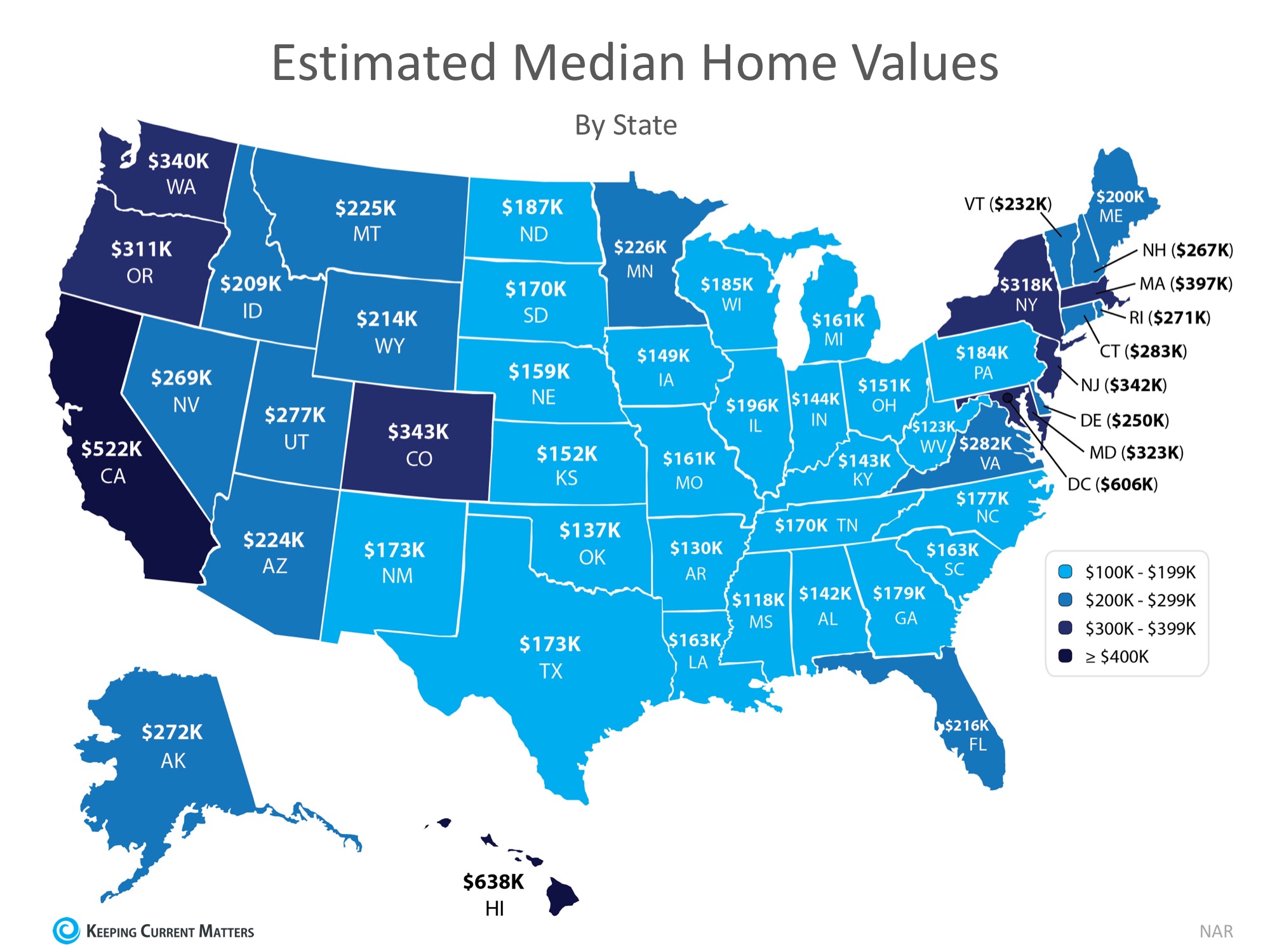- cross-posted to:
- nyt_gift_articles
- cross-posted to:
- nyt_gift_articles
Doesn’t really answer the question of why move to the South though.
I get it, air pollution is definitely a reason to move anywhere, but why choose the South? Why not West?
People have family and support networks and communities which look like them that they can move to.
A lot of the west doesn’t have that that due to historic and ongoing racism.
A lot of the west doesn’t have that that due to historic and ongoing racism.
Oh yea, I’m sure the South is way better on the racism front :/
I get when you can’t leave a shitty place because of money or whatever, but moving to an actively and increasingly hostile place regardless of family/support networks doesn’t seem like the best move :/
You’re missing their point. The west doesn’t have as large of a black community as the rest of the country because of things like Oregon being founded by white supremacists with a no black people allowed rule. The south might be more racist, but it has a large black community because of slavery.
It’s different in that black communities are allowed to exist. They have not been in much of the west
Oh you mean the Southern “black communities” that racists have been herding POC of too for decades so that they stayed in the worst part of town with the worst prospects and did everything they could to make them “ghettos” and trap them there? Those black communities?
I think it’s obvious why those aren’t in the West.
Yes, in many parts of the west they were not even allowed those marginalized communities. For all intents and purposes, Oregon was a ‘sundown state’ until the civil rights era. I have coworkers whose deed to the house they bought still has (obviously now unenforceable) language in it stating that the house may only be sold to a person of caucasian descent. Oregon was anti-slavery, not because they opposed slavery, but because it would bring people of color into the state. I say all of this as a southerner who was shocked to learn the racial history when I moved here to Oregon.
Portland may be progressive today, but that is a recent development, and the rural portions of the state still fly a traitorous flag.

Not sure what’s going on with moving to Florida, though.
This is the best summary I could come up with:
This situation demands action on the part of elected officials and local leaders who need to cut pollution and shore up these communities to withstand the worsening heat, storms and flooding.
The roots of this crisis date back to the first Great Migration, when millions of Black people left the South to escape segregation, indentured servitude and lynching and went north in search of jobs and stable housing.
As the effects of global warming have intensified, Southern states have been slow to upgrade and weatherize their power grids and have paid the price — for instance, when hundreds of people died during Texas’ 2021 winter storm blackout.
In Texas, that includes significantly slowing down housing growth in flood plains and, most important, reversing investment in fossil fuel energy sources that contribute to global warming and can fail during hurricanes and winter storms.
As Florida invests in building infrastructure to adapt to rising seas, new and old residents told me they also want the state to prioritize conserving undeveloped land, which will help store carbon and buffer neighborhoods from storms and flooding.
In North Carolina and Georgia, leaders can reform zoning laws to encourage cities to build walkable neighborhoods with green infrastructure that helps with storm water management and cooling streets.
The original article contains 1,112 words, the summary contains 210 words. Saved 81%. I’m a bot and I’m open source!



